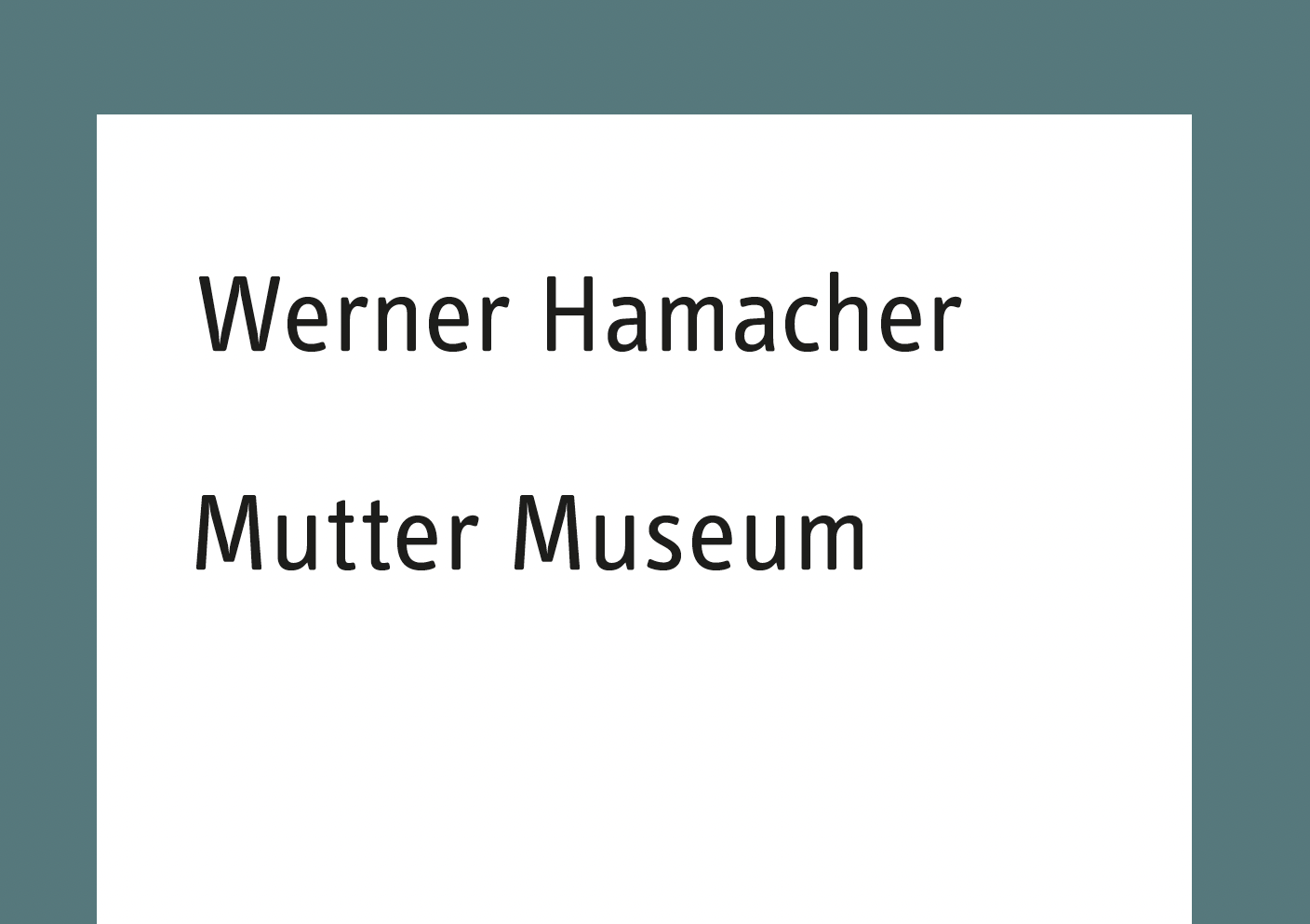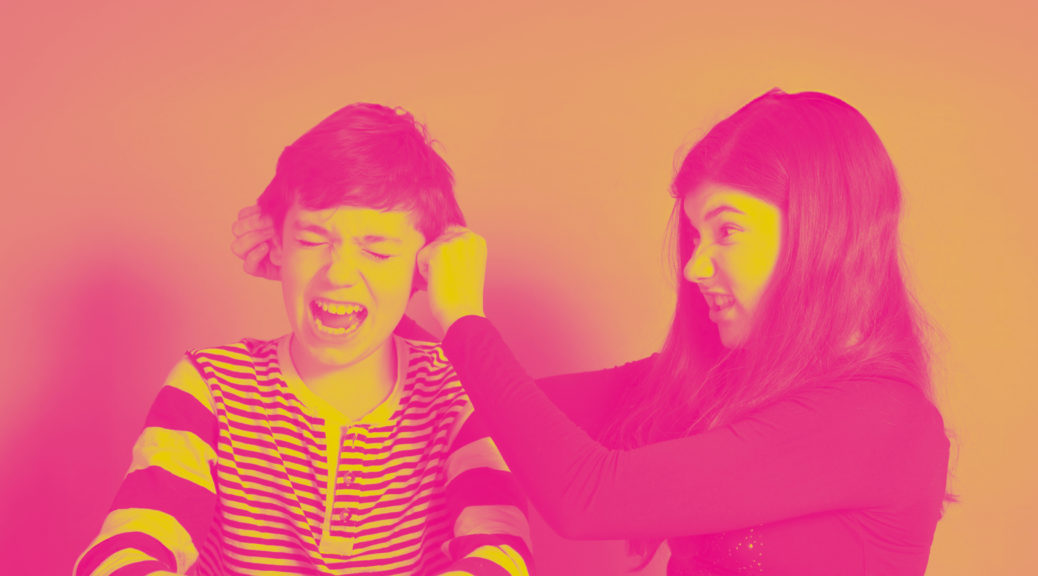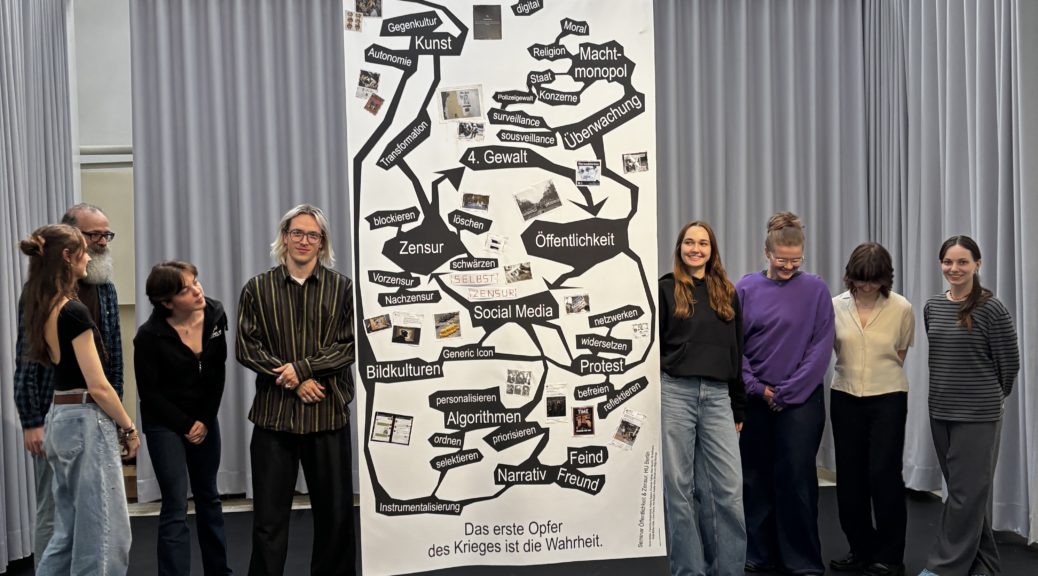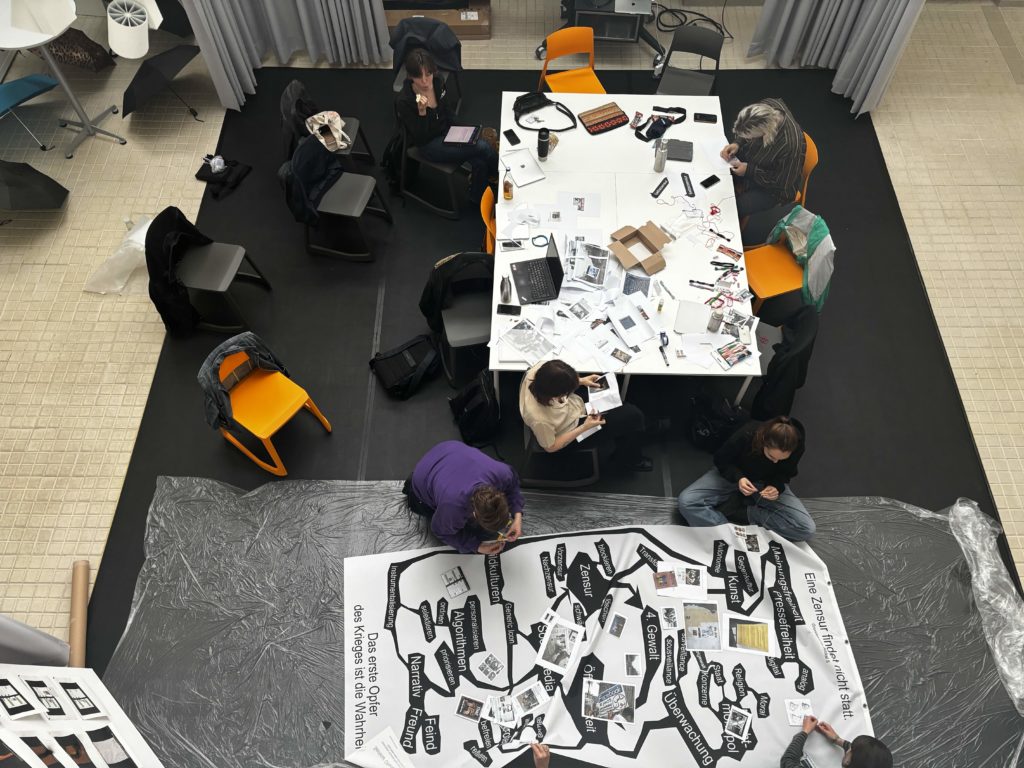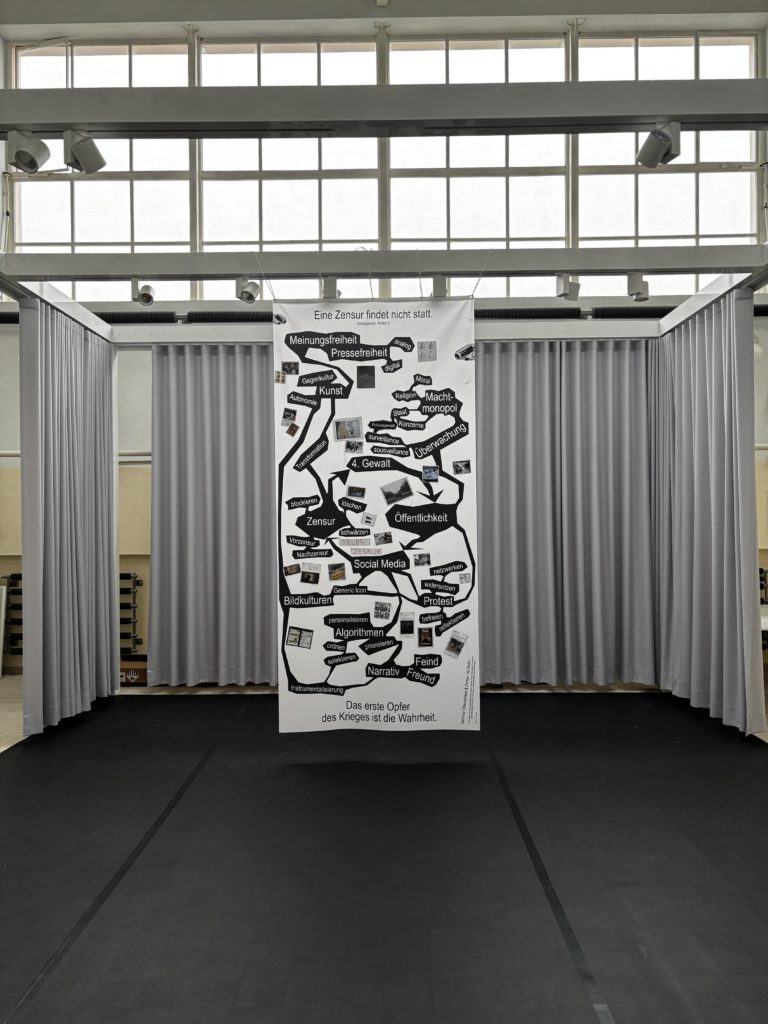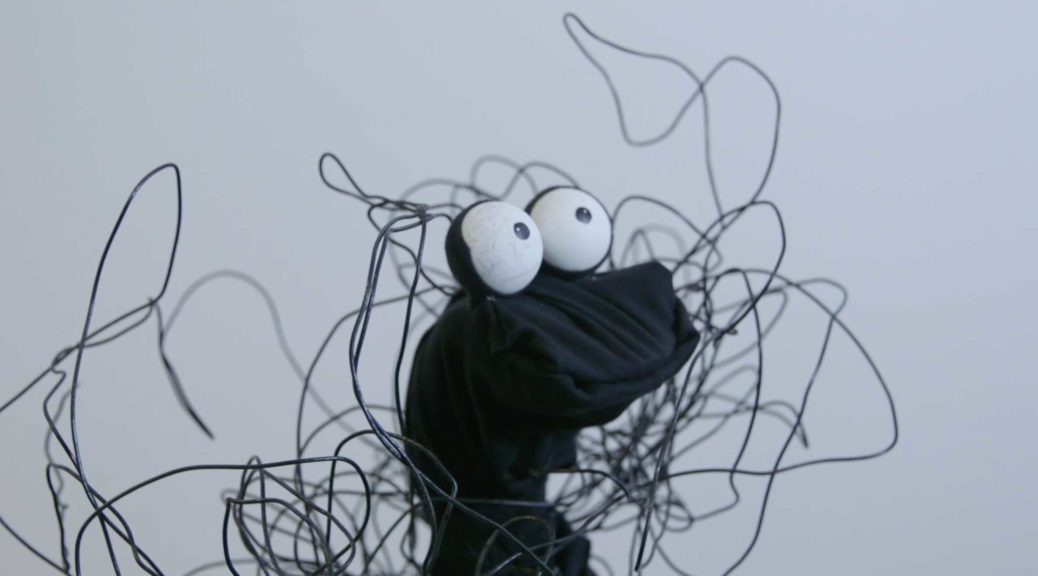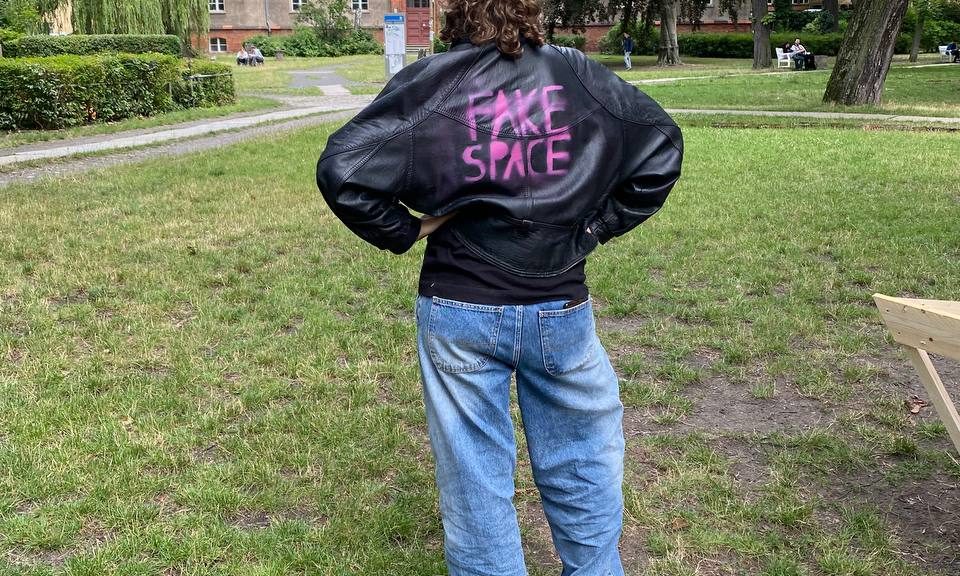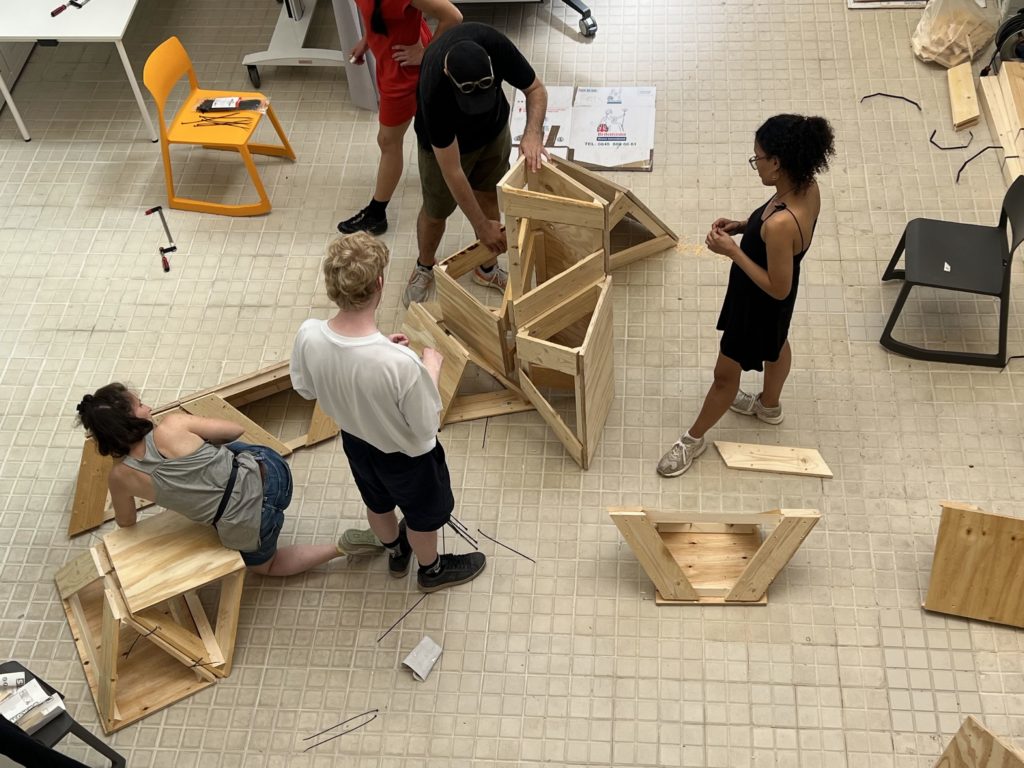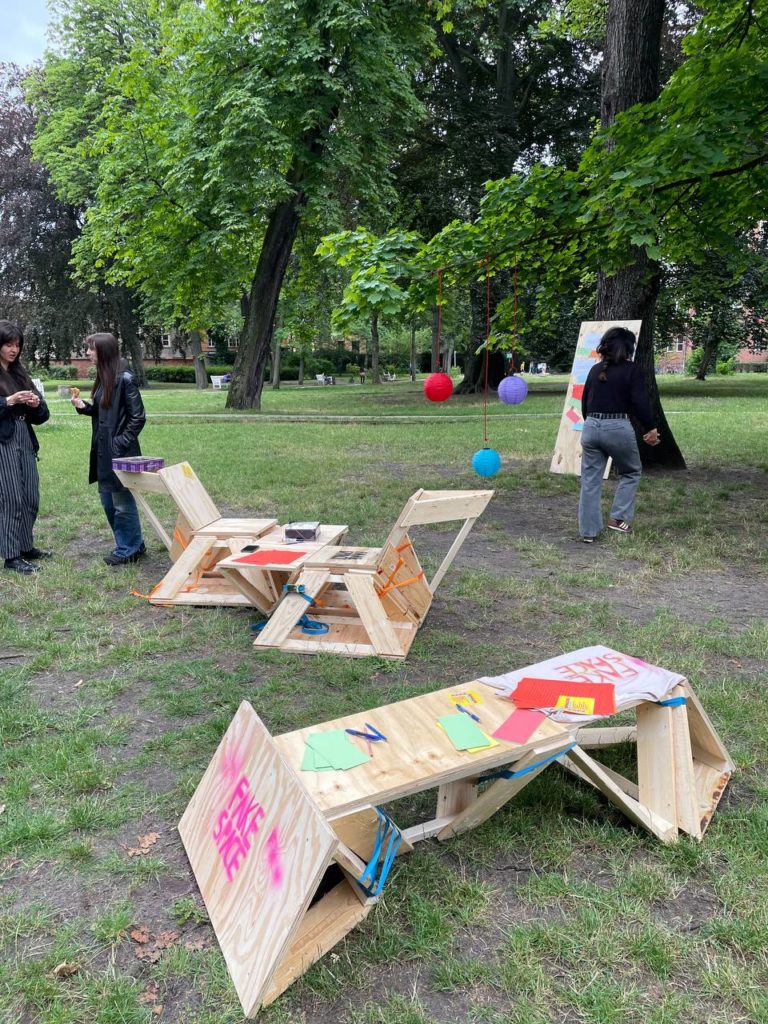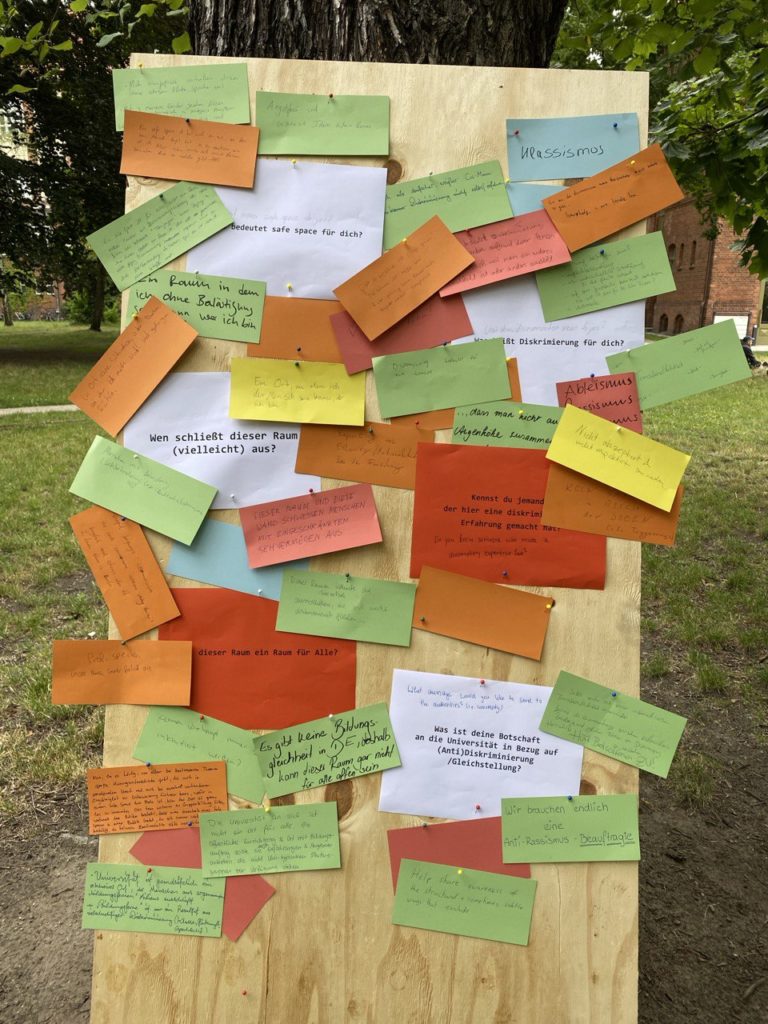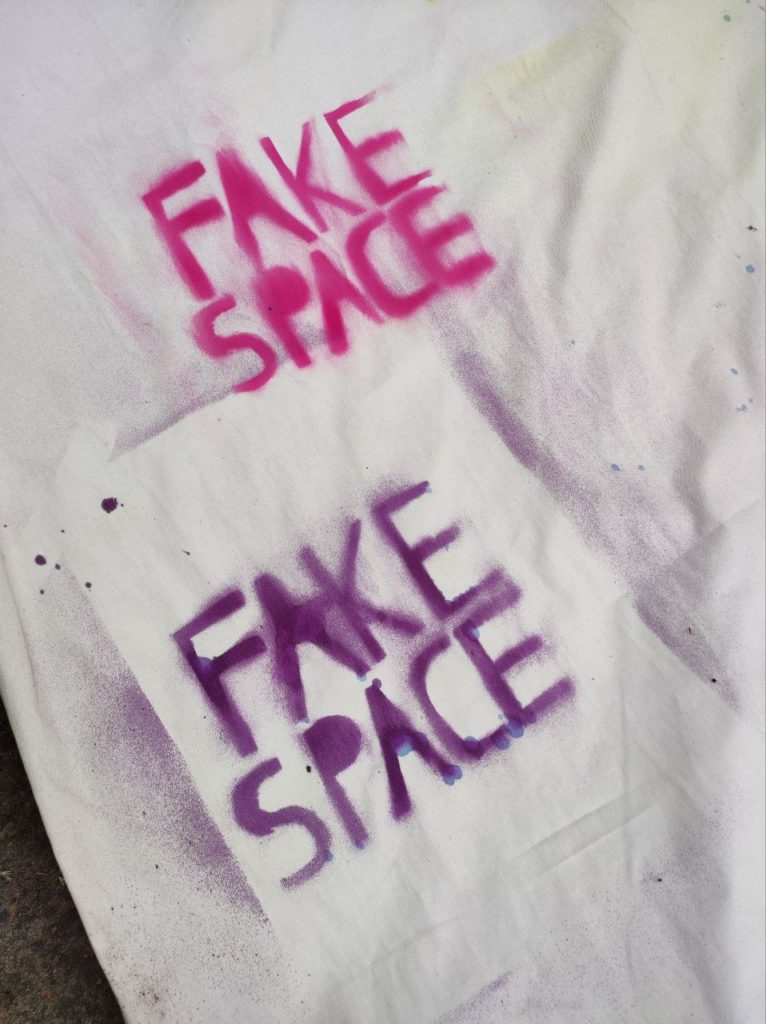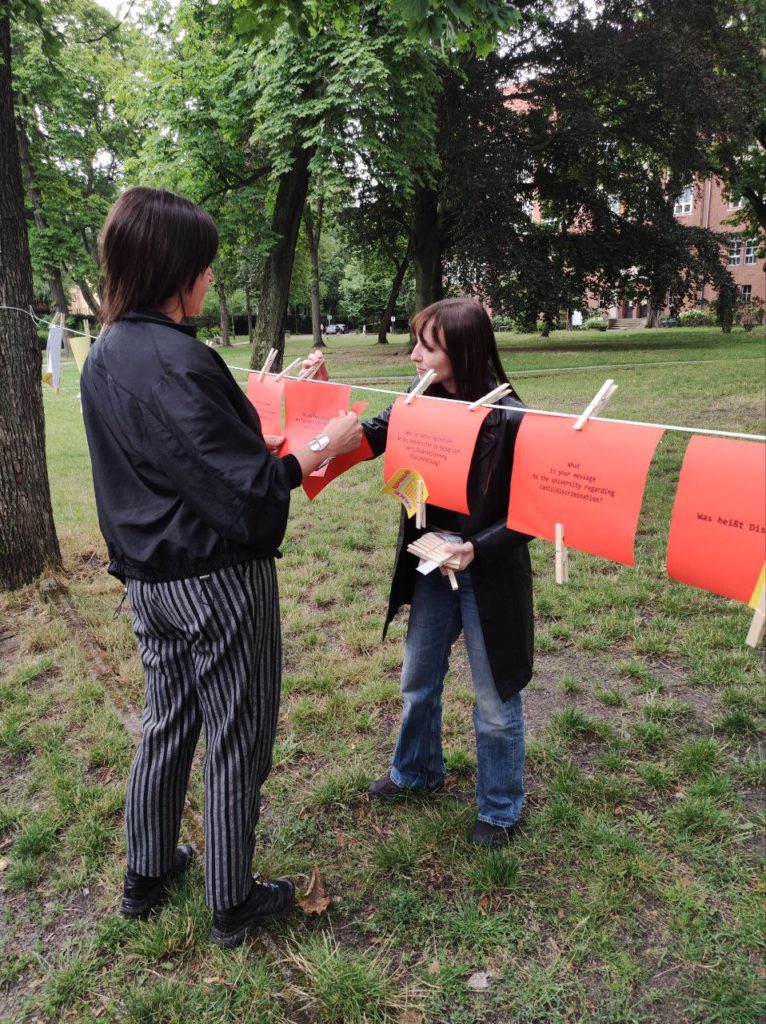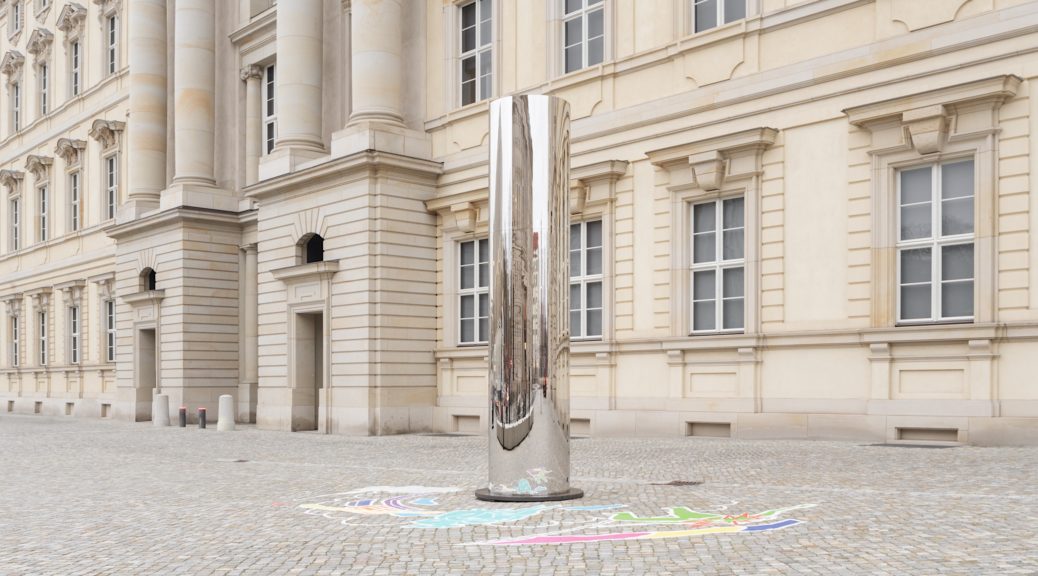Father, mother, child? Surprising perspectives on the traditional family model in the past and present.
Family: (Nearly) everyone has a family, and yet every family is different! But what’s the stitching that keeps families together? And who’s really responsible for spinning it? In a year-long programme, the Humboldt Forum is exploring the stuff that family ties are made of. Are they full of holes or tightly woven; do they hang on a thread, or are they patchwork or perhaps macramé?
It is all about networks of relationships – from artistic, historical, scientific, and international perspectives, and in dialogue with the people of Berlin.
Explore what and who family and family relations can encompass, and the broad variety of ways in which living together is experienced. Everyone involved with the project at the Humboldt Forum is collectively looking at the theme of family relations in the present, past, and future, in a variety of formats including exhibitions, performances, discussions, workshops, guided tours, and interventions throughout the museum.
Exhibitions and Interventions
A special feature of this exhibition is that it takes in all the galleries and collections at the Humboldt Forum. The theme is introduced by ten hubs – some of which are interactive – in the Family Matters area on the ground floor, ranging from personal family constellations to a VR community around the table and individual stories about pet names, taking us from global family history, conflicts, and compromises to very personal watershed moments. Here you can question and expand your own ideas about and understanding of what family is!
More than forty selected objects from the Ethnologisches Museum (Ethnological Museum) and the Museum für Asiatische Kunst (Asian Art Museum), from Berlin’s historical royal palace, the Humboldt Labor, and BERLIN GLOBAL, along with Museum Knoblauchhaus, will become a part of this year-long programme, showing how power relations intervene in family biographies. And also how personal family narratives can originate larger stories of power or even religions.
Temporary exhibitions look at the preservation of endangered languages from all over the world and the transgenerational dissemination of knowledge. We also present contemporary positions by international artists, exploring the family realities of queer and migrant experience.
Events
Numerous events for adults and children offer new perspectives on the theme of family. This year’s Transkontinentale festival will bring family stories from Africa, South America, and Asia to Berlin, as well as the European premiere of the Namibian German music theatre People of Song. Things are going to get particularly lively at the end of October, when the Dia de Muertos celebration of family will be held for the second time at the Humboldt Forum. This is something to look forward to, but please note that there is also a full events programme on the opening days of the exhibition, with our first themed days in October.
On three consecutive themed days immediately after the exhibition opens, the Humboldt Forum will focus on care, nursing, and family relations. Small gestures, each with a big effect – artistic interventions, performances, readings, and conversations will facilitate a rethinking of family: in the workshop “In the Dreamhouse,” in dance interventions in the permanent exhibition, in a kitchen buffet with medicinal flowers, and with African Street Games for the whole family. The days will feature author and musician Christiane Rösinger, the Resident Music Collective, feminist author Sophie Lewis, and a showing of the film In Prinzip Familie by director Daniel Abma, and much more.
In the museum’s workshops there will be hands-on drop-ins where participants can test out and make their own creations, while the Picture Book Cinema will present fascinating stories on the big screen, read by well-known personalities with musical accompaniment.
Two further themed days are planned for 2026: “Family Secrets” and “Together Against Resistance: Alternative Forms of Living with Each Other.”


